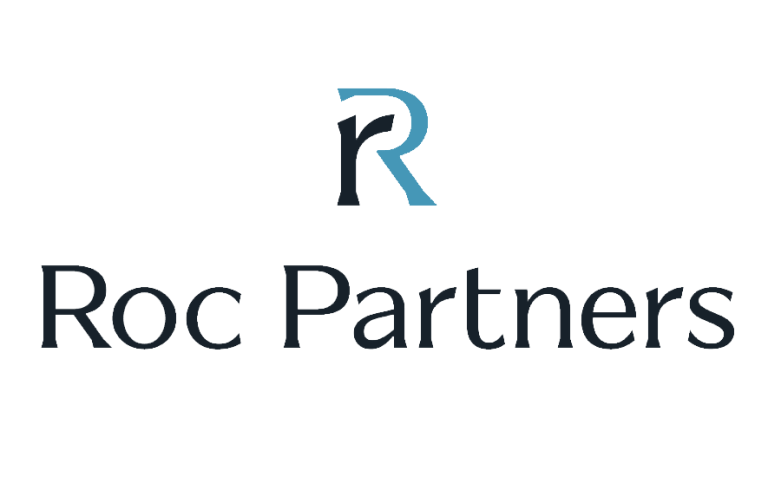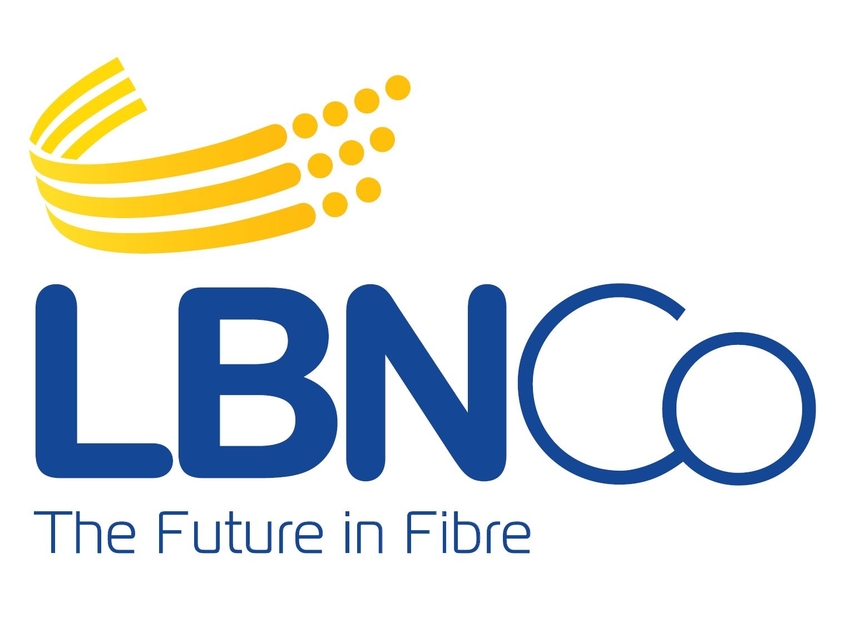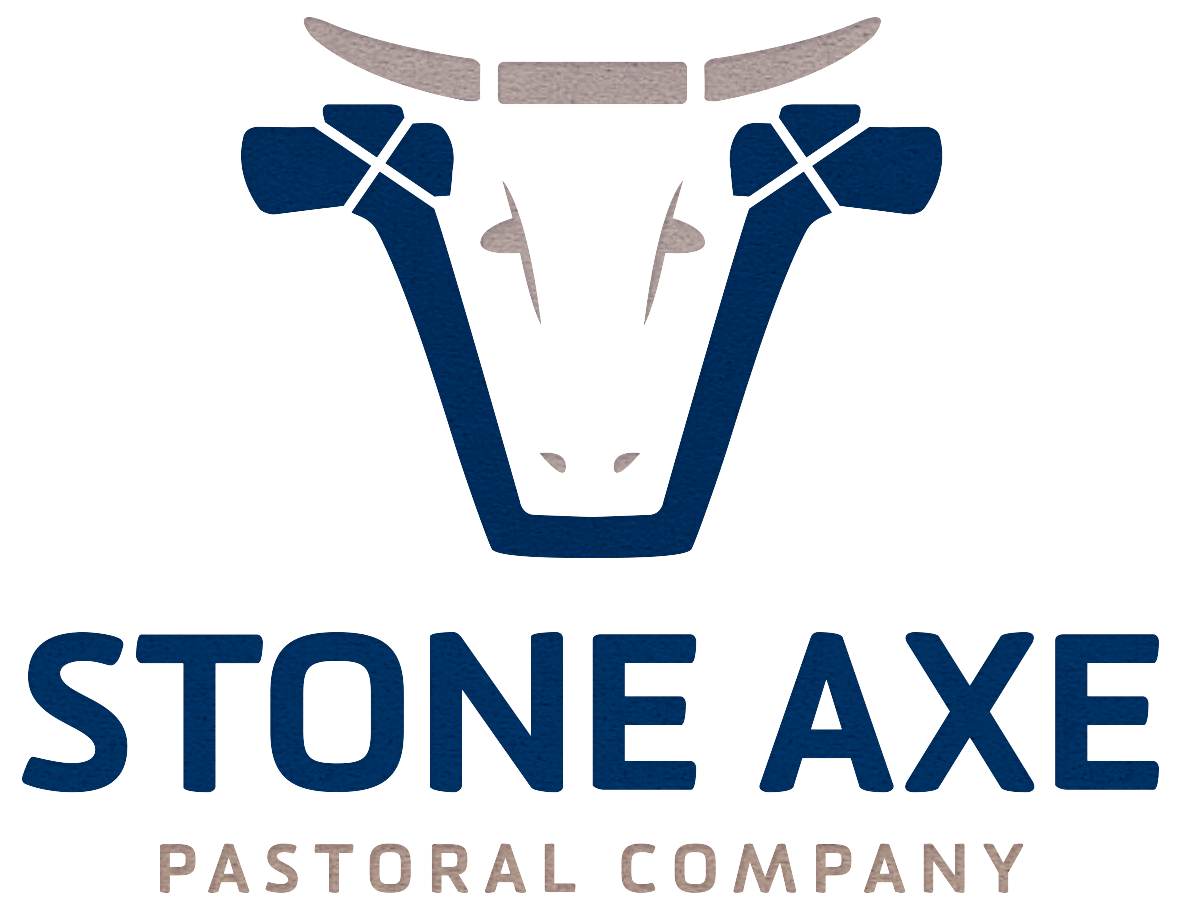Andrew Muston: Hello, I'm Andrew Muston Head of Wholesale at Roc Partners. And today I'm joined by Michael Lukin Managing Partner, and Samantha Bayes Senior Associate. At Roc Partners we recently published our first report focusing on responsible investing. And today, we wanted to spend some time better understanding Roc’s approach to responsible investing and how that style of investing is influencing private markets and value creation. Sam, looking specifically at the private market landscape, are there key areas or policies that the industry is focused on right now?
Sam Bayes: Absolutely. So similar to Roc Partners as an organisation, reporting is a key challenge for the industry and it has been for a really long time. So, there's a plethora of ESG reporting frameworks in the market and most of them have actually been developed for the public markets. And that's where the challenge comes in. So with public markets you can actually just withdraw capital for companies underperforming irrespective if that company has an ambition to improve.
Whereas with private markets as we know, we take a much more hands-on approach where we actually work with our companies to drive performance improvement, and as such the reporting frameworks that were created for the public markets aren't suitable for the private markets.
So the Institutional Limited Partners Association ILPA has actually tried to take a first step in addressing this challenge. So they have developed a reporting framework specifically for private markets known as the ESG data convergence initiative. So this was formed by leading global GPs and LPs. So 215 GPs and LPs came together to actually develop this framework. Roc Partners is one of them and this framework is essentially it's condensed into focus areas. Carbon emissions, renewable energy, health and safety, diversity, employee engagement. So really they've come up with key performance indicators that private companies can report on against these key focus areas. So I would say that reporting framework for private markets is particularly important and it will be interesting to see how reporting actually adapts to this framework for our responsible investment report. It’s the first year we've reported against the framework and it certainly had its challenges.
The next key thing that the private markets have focused on is the Initiative for Climate International. So this is essentially a private markets institution that's come together to tackle climate change. Looking at how can private equity companies actually partner with their portfolio companies to decrease carbon emissions and drive the transition to a net zero economy. And what are the practical tools and steps that that actually involves.
Off the back of that science-based targets. So this is a global initiative that's come together and it's actually developed guidelines and frameworks for the private markets. So if a private market player actually wants to set a science-based target, how can it do that? So it's the private market industry guidance was actually pretty late kind of coming to the party if we look at other industries and sectors.
And then another key one to look at is actually the Australian Investment Council. They are trying to bring all the changes that are happening into the industry. So they've established what's called the AIC ESG committee. There are six members that are part of that committee. Roc Partners is part of that which is very exciting. And really what we trying to do is develop guidance and frameworks for GPs on how they can integrate and embed ESG within their processes and really looking at the learnings of what are LPs expecting from GPS and the standards that they want to stop hold and how can we provide that guidance for all GPS, no matter where they're at on their maturity journey.
So if they super nascent, they don't have an ESG policy. How can they tackle that and then those that are but further along the journey that I actually talking about transition risk, transition plans, and setting zero targets. So there's a lot of work going on in the industry and a lot of noise, and your also seeing a lot of industry players actually coming together. So you seeing the likes of RIAA and the IGCC and the AIC all actually coming together and recognising that this is a problem that actually needs industry involvement and collaboration.
Andrew Muston: Fantastic sounds all very encouraging. Now pivoting back to you Mike, Roc partners are specialist in several sectors. How do the industry priorities that Sam mentioned impact or changed way Roc approaches partnering with portfolio companies?
Mike Lukin: Yeah, no great question Andrew and I think you know following on from Sam's comments earlier. Our focus is very specific to the portfolio company. So what we tend to find is each portfolio company has different initiatives that they can work on through our ownership period and into the future. So for example flavorite is one of our portfolio companies. It's a bit of an ESG poster child in terms of it's a glass house producer of vegetables. It has a lot of great, embedded ESG within it in terms of things like recycled water being 90% of it usage. It's low pesticide to no pesticide. Very self-contained, so limited runoff into environmental areas. Terrific business from outside looking in ESG perspective or a responsible investment perspective, but I think importantly there are other aspects of that business that we could help improve. For example around packaging, one of the key initiatives that we've seen with flavorite is how do we take plastic out of the supply chain. Just recently we've managed to take 50 million tons of plastic out of how we operate that business. Some other businesses that we're involved with, Pro 10 use a lot of power. And so what we're doing is using a lot of new technology around how do we operate these things off grid for example, so our latest development in that business will be piling some off-grid electricity technology. So that new facility will be 83% self-contained from a power generation perspective all through renewables.
Stone Axe our wagyu business, cattle get a bad name. And so one of the key things where we're doing there is helping that business with the transition to a low carbon footprint. We've recently made an investment in a business called Sea Forest and hopefully I don't get this wrong, but asparagopsis as the new technology by which we can reduce the carbon footprint of the methane emissions from our cattle. So we've made an investment there and we're running a trial on using that input into the feed regime for our cattle to ensure that not only are we getting a reduction in the carbon emissions coming from our cattle as a result of this additive, all natural based obviously, but not only are we getting that carbon reduction, but we're also seeing no change in flavor, in meat quality, in marbling score, table presentation - because that's just as important. So what we want at the end of the day is a product that the consumer can feel comfortable around from a carbon perspective or a sustainability perspective, but also it doesn't diminish the value of the offering. From a financial perspective we can still charge what we are charging for that business. I think that probably gives you a sense for a few of the businesses.
Across our portfolio there's a variety of different projects or ongoing and predominantly that's all about identifying the two or three key areas that business that we can really sink our teeth into and get most bang for our buck. When we're building these responsible investing plans and we think about over our five year ownership period where do we want to focus our time, we want to hit the low hanging fruit and the ones where we can get the most return for our efforts. And so that's really the way we think about it. And so it's very specific to each company how we operate, we might be packaging, it might be carbon, there might be diversity, it might be governance, it might be other aspects -environmental protections and the like - that we can actually add a lot of value to these businesses in our ownership period. Importantly also set them up so that within these companies the management teams, the incoming investors, already have a plan that they can then continue execute over the next five years, which we think is important.
Andrew Muston: Fantastic. Thanks, Mike. Thank you, both for joining me. Thank you for joining us and to learn more about Roc’s approach to responsible investing and to read our annual report, please visit our website.




